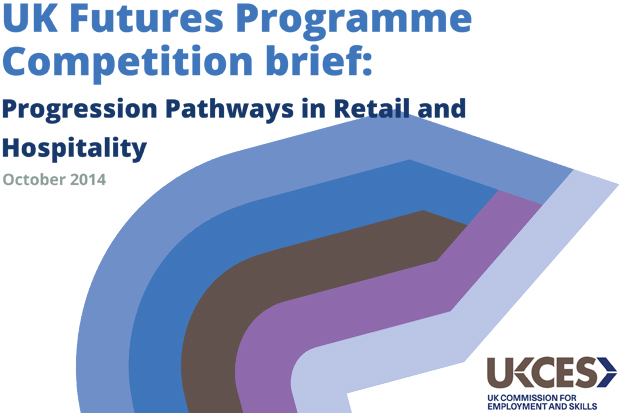Retail and hospitality provide 6.9m jobs, or 20% of all jobs in the UK economy, however both sectors have traditionally seen high rates of staff turnover, which can cause recruitment and training problems, pressures on remaining staff and lost sales. Now under Universal Credit, benefit claimants who are in work and on low wages are given practical support through their Jobcentre Plus work coach to boost their earnings and progress at work. Some employers also encourage and support progression of low-paid workers.
Employers in the retail and hospitality sectors are being challenged by the Department for Work and Pensions (DWP) and the UK Commission for Employment and Skills (UKCES) to develop and test ideas to help their low-paid staff to progress in their careers while benefiting their business.
Minister for welfare reform, Lord Freud said: “Universal Credit is transforming the culture of benefits by making work pay and crucially continuing to support claimants to earn more so they can progress and lift themselves off benefits completely. This competition is part of our on-going work with employers to find the best ways to support low-paid staff to move upwards and forward in their jobs, which in turn helps tackle costly staff retention problems and encourages business growth.”
The competition will be run through the UK Futures Programme, (run by the UKCES) and is jointly funded by DWP and UKCES, who are looking for bids that help low-paid workers to increase their earnings and have a positive impact for employers, including reduced recruitment costs and improved efficiency.
Sean Taggart, owner and chief executive of the Albatross Group and a Commissioner at UKCES, said: “Supporting these sectors to respond to the challenge of low pay and low productivity is essential to ensuring firms retain good staff, develop their workforce and reduce costs. This will in turn achieve a better quality of service and sales. At UKCES we believe that employers themselves are best placed to come up with innovative ways of organising working lives that will be of benefit to both the bottom line and improve the lot of low earning workers, and that’s what we’re testing through this Futures Programme competition.”
Proposals must be led and partially funded by employers, large or small, who will work with UKCES and DWP to deliver clear benefits for business and individuals, including higher pay for low income earners with improved productivity levels, all leading to lower staff turnover rates and reduced recruitment costs overall.
Did you know?
- Retail and hospitality provide 6.9m jobs, or 20% of all jobs in the UK economy.
- There are now more jobs in hospitality than before the recession.
- Both the retail and hospitality sectors have traditionally seen high rates of staff turnover, and this has been noted by employers as causing recruitment and training problems, pressures on remaining staff and lost sales.
- A recent UKCES survey found that one in ten businesses in the hospitality sector had difficulties retaining their staff, a third (30%) of these reported that this was in part due to the impact of the benefits trap.
The competition closes on 28 November 2014.
For more information or to apply visit www.gov.uk/ukces



